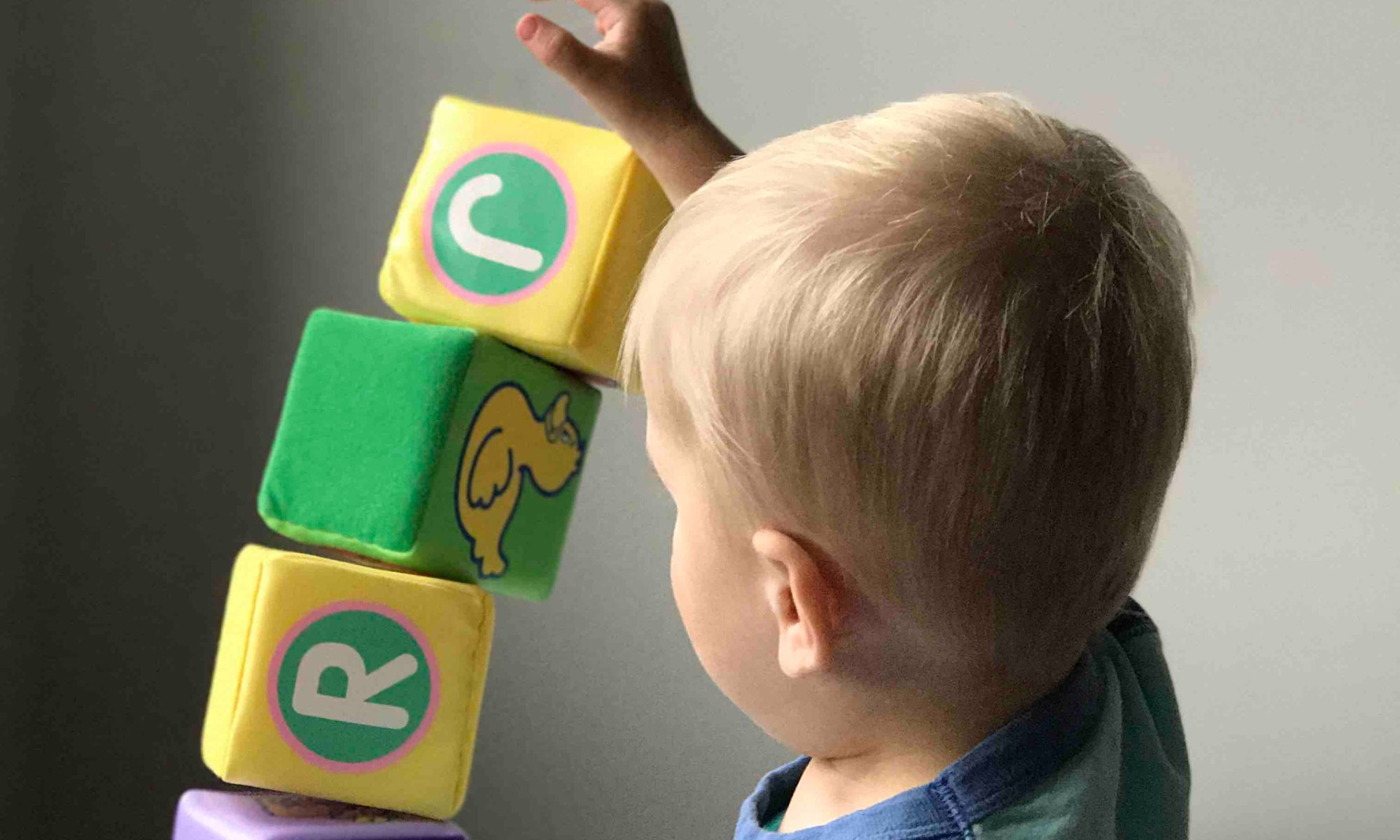Critical thinking and problem-solving skills are essential to success at university and in later life. However, the traditional classroom model has done a poor job of imparting these skills to students. The way children have learned in the classroom for generations has focused on lectures and worksheets. Past generations would depend on group sports, clubs and teenage jobs to impart these vital skills onto students.
However, new ideas suggest that robotics may hold the key to teaching problem-solving skills to students. Using robots to teach real-world skills may be a strange concept, but is it worth exploring? We think so and here’s why.
How Robotics Influences Problem Solving
The inclusion of robotics coursework in school requires students to understand fundamental problems and how to overcome them. This is done through brainstorming in a group setting or trial and error for individuals. Applying the concepts of math and science to real life applications is an important concept for students.
Much like in real life situations, students are taught to use their explorative mind. Instead of memorizing theorems, and answers they are encouraged to find new ways to solve the same equations. Additionally, the incorporation of team exercises helps children understand how enlisting others can lead to resolutions.
In real world application, problems are often solved through a combination of approaches. No one formula will be universally helpful. For that reason, it’s imperative for students to master the skill of problem-solving to succeed in higher education and their career paths.
Results of Studies
According to a June 2017 article on Roboterra, robotics courses serve many practical purposes in education. From engaging students in active learning to promoting problem-solving skills. Students are instructed how to analyze data and design trials to work towards a goal. Additionally, group exercises require students to value cooperative thinking and learn how to present their ideas to peers.
The views represented in that article are supported by findings of a 2012 study on the effects of robotics on students’ problem-solving skills. The study showed that before undertaking the course, only 40% of students would work on a difficult problem until resolution. Meanwhile, over 75% of students would work until a problem was solved after completing a robotics course.
A December 2015 report published by Taylor & Francis Online, explored the efficacy of teaching problem solving before programming in Robotics. The study group found the course rated highly for student satisfaction, over 92%. It was suggested that further exploration of problem-solving skills would garner better results. Thus cementing the idea that Robotics and problem solving are co-dependent of each other.
Incorporating Robotics into Your Curriculum
Accepting the idea that robotics can help teach problem-solving to students is one thing. However, how do we utilize that information? The key is developing a curriculum which encourages children to think creatively and come up with unique solutions.
The first key to this model of teaching is formulating your expectations. Students need to understand that there can be more than one correct answer to any given task. It’s paramount to encourage students to experiment with ideas. If one fails, they need to be instructed how to extrapolate information from that failure to steer them towards future success.
The next idea to incorporate into your method is how you determine success. Students should be graded on their application of theory, teamwork, communication of ideas, and the development of their solutions. This isn’t a course where the robot’s functionality will harm your students’ grades.
Another consideration is that students will be unfamiliar with robots. Starting small with building projects and models will allow them to gain comfort with the problem-solving portion of the course. Once you have covered the foundations, you can move to simple robots.
The last tenant to employ in your classrooms is group review. After each project, examine the progress, discuss the process, and brainstorm possible solutions for issues. This suggests to students that the task is not over and was not a failure.
Overall, to succeed in life children must be willing to try multiple solutions to one problem. The use of robotics in school can elevate understanding of problem-solving techniques and eliminate the fear of failure for students.
Have you used robotics in k-12 education? What is the best beginner robotics lesson you’ve had? We want to hear your experiences!
I don’t see were you transition from the introduction to the body of the article.









